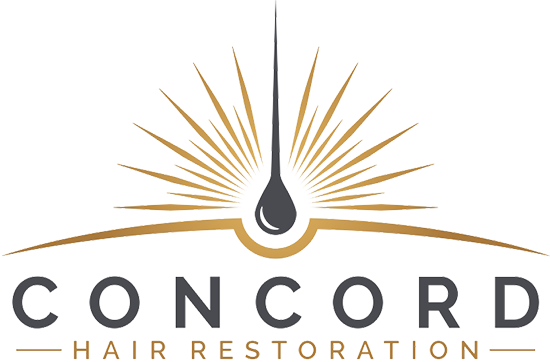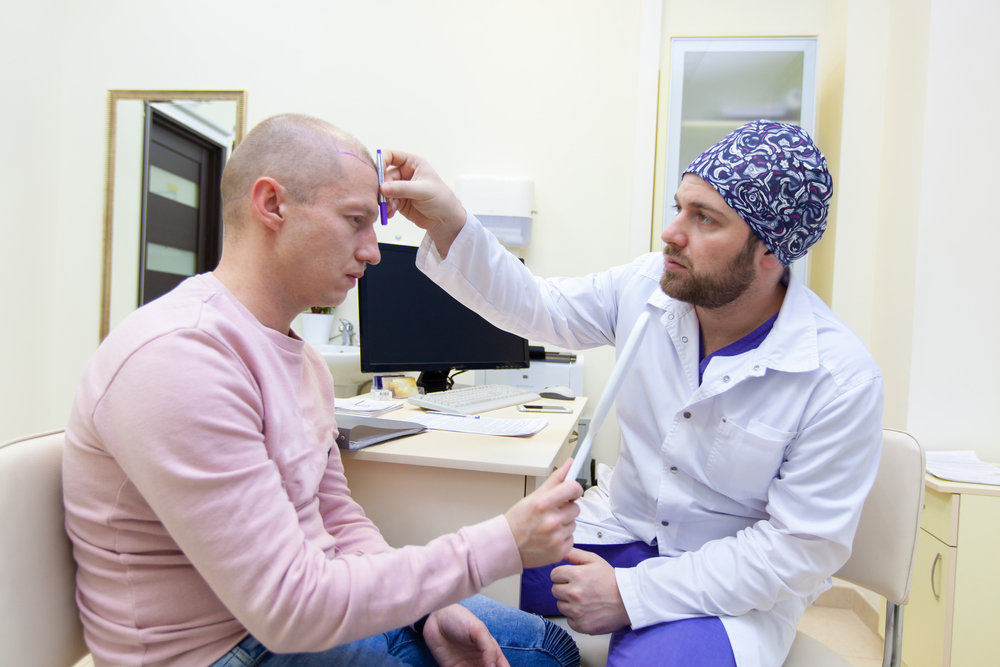Recovering from a hair transplant is an important part of the process. During this time, you may experience swelling, itching, pain, and other side effects. It’s important to understand what to expect during recovery so that you can manage your symptoms and get the most out of your procedure. Read on for a guide on hair transplant recovery.
Post-Op Care Instructions
Your post-op care instructions will vary depending on the type of hair transplant that you had performed. Generally speaking, it is important to follow all aftercare instructions carefully in order to ensure a successful recovery. This includes taking prescribed medications as directed, avoiding strenuous activity or exercise for at least two weeks after surgery, and avoiding direct sun exposure (or using sunscreen) until the affected area has healed completely. Additionally, be sure not to rub or scratch your scalp as this can cause irritation or infection.
Managing Pain & Swelling
After surgery, some patients experience a mild discomfort and swelling of the treated area. To minimize discomfort and reduce swelling, it is important to keep your head elevated for at least three days after surgery by sleeping with several pillows beneath your head and neck; this will also help reduce any bleeding from the surgical site. Additionally, applying cold compresses (i.e., a cold cloth or ice pack wrapped in a towel) over the affected area can help reduce inflammation and pain. Depending on your doctor’s advice, you may be prescribed medications such as ibuprofen or acetaminophen to help alleviate discomfort during recovery.
Managing Itching & Flaking
Itching is another common symptom experienced during hair transplant recovery; it usually begins about four days after surgery and can last for up to two weeks following the procedure. While there are some medications available that can help provide relief from itching (such as topical steroids), there are also some more natural remedies such as aloe vera gel or coconut oil that may provide relief with fewer side effects than medication use. Additionally, many experts suggest gently massaging your scalp with lukewarm oil (such as olive oil) twice daily—this helps promote healing by increasing blood flow around the grafts while keeping them moistened and reducing itchiness associated with flaking skin in the area where new hairs are being transplanted into your scalp.
Recovering from a hair transplant requires patience but with proper care it should go smoothly—it’s just important to remember what you need to do before, during, and after surgery in order to ensure optimal results! Following post-op instructions carefully is key—and don’t forget that managing pain and itching through simple measures like elevating your head while sleeping or applying cold compresses can make all the difference when it comes to achieving successful hair transplant results! With these tips in mind, you should have no trouble navigating through the recovery process successfully!
Are you feeling self-conscious about your hair loss?
At Concord Hair Restoration, our experienced team is dedicated to helping people regain their confidence along with a full head of beautiful and natural-looking hair. We offer different types of procedures that can be customized to suit the individual needs and goals of each client.
With our state-of-the-art technology, we strive for permanent solutions so you can feel better about yourself. Your hair results will never look artificial or obvious – they’ll just look like how you once remembered it! Our ultimate goal is to ensure satisfaction while bringing out your best self.
Contact us today for a free consultation and let us help you achieve the hairstyle that restores your confidence!
Schedule a consultation today at either (619) 905-4247 – San Diego or (818) 800-2002 – Los Angeles. Take the first step towards obtaining the dream hair that makes YOU feel confident!

